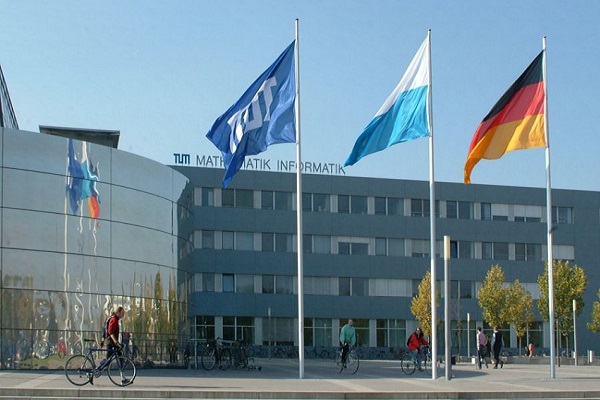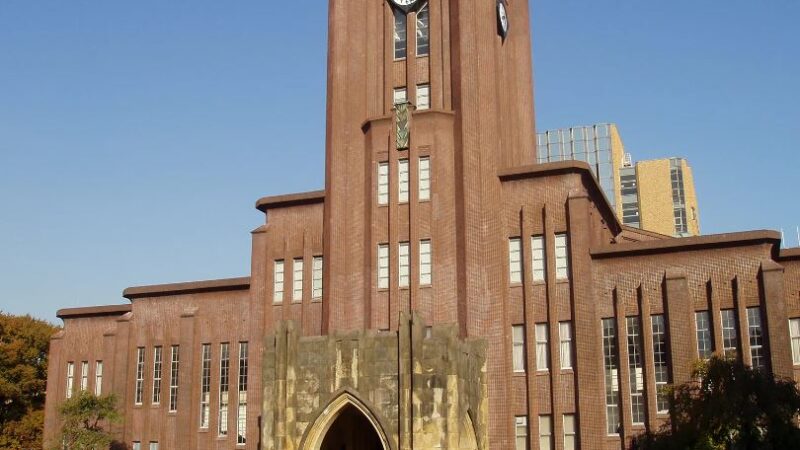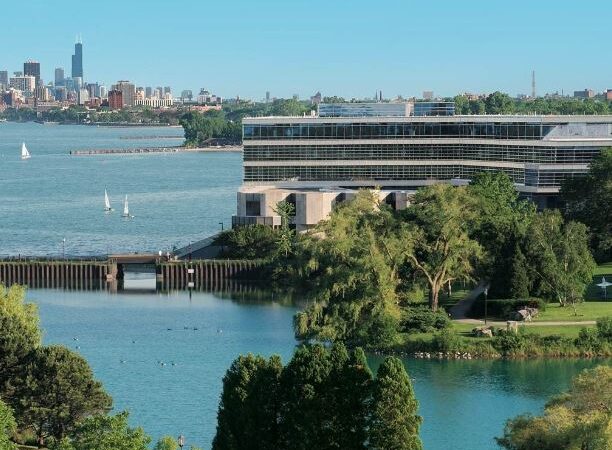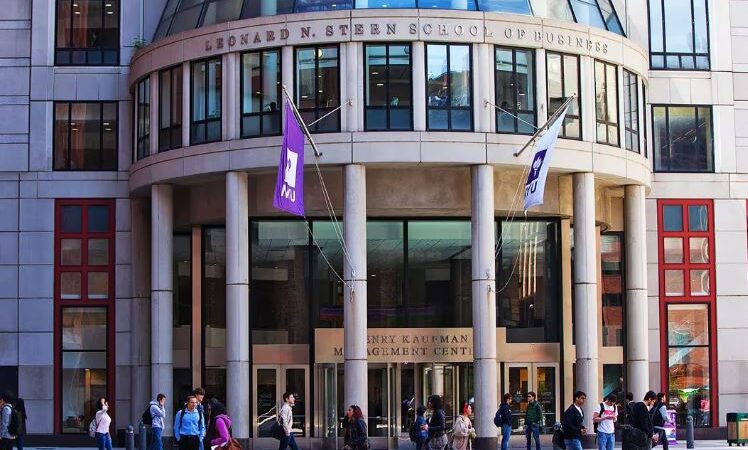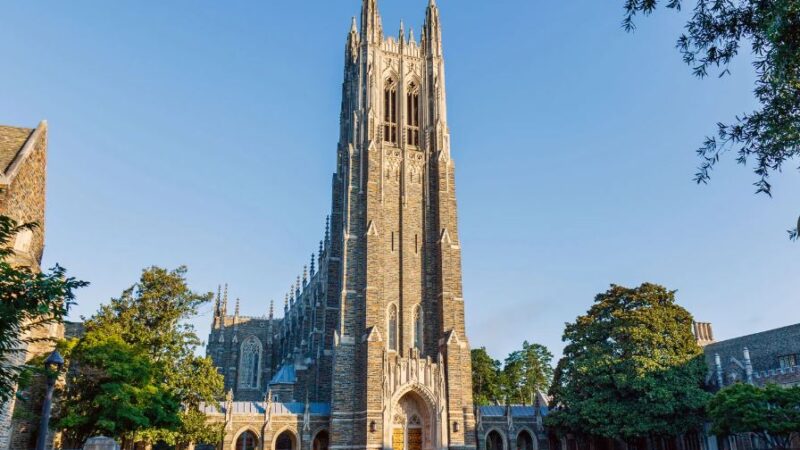Peking University: Nurturing Minds, Shaping Futures

Introduction
Peking University (PKU), nestled in the heart of Beijing, stands as a beacon of academic excellence and intellectual rigor in China and beyond. Established in 1898 during a transformative period in Chinese history, PKU has evolved into a powerhouse of education and research, consistently ranking among the top universities globally. This article embarks on a comprehensive exploration of Peking University, delving into its rich history, academic prowess, cultural impact, and future prospects.
Historical Foundation and Evolution
Peking University traces its origins to the late Qing Dynasty, emerging from the fervor of the Hundred Days’ Reform. Founded by the progressive-minded Emperor Guangxu, with the guidance of scholars like Kang Youwei and Tan Sitong, PKU was envisioned as an institution dedicated to modernizing Chinese education and society. Its early years were marked by turbulence, including closures and relocations, amidst political upheavals like the Boxer Rebellion and the fall of the Qing Dynasty.
The university found stability in the early 20th century and flourished under the Republic of China era, contributing significantly to China’s intellectual landscape. Its influence expanded during the tumultuous mid-20th century, enduring challenges such as the Japanese occupation and civil war. PKU relocated several times during this period, finally settling in its current location in Haidian District, Beijing, where it continues to thrive as a cornerstone of Chinese higher education.
Academic Excellence and Research Leadership
PKU’s academic reputation is built on a foundation of rigorous scholarship and innovation across diverse fields. Its faculties and research institutes span humanities, sciences, social sciences, engineering, medicine, and more. The university hosts numerous national and international research centers, fostering groundbreaking discoveries and advancements that shape global knowledge.
Key to PKU’s academic prowess is its commitment to interdisciplinary collaboration and cutting-edge research. Faculties like the School of Life Sciences, School of Economics, and Guanghua School of Management are renowned for producing influential research and nurturing future leaders in their respective fields. The university’s emphasis on cultivating critical thinking, creativity, and global perspectives among its students underscores its mission to address complex global challenges.
Cultural and Social Impact
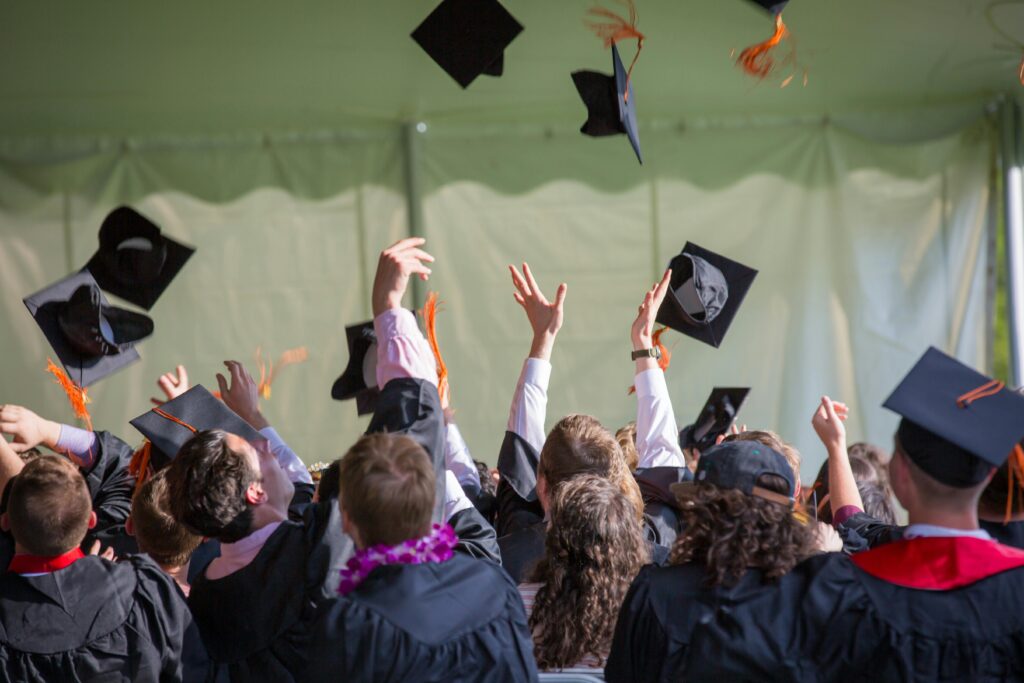
Beyond academic achievements, PKU holds a pivotal role in Chinese society and culture. It has been a cradle for generations of intellectuals, producing influential figures in politics, academia, business, and the arts. The university’s alumni network includes Nobel laureates, government officials, entrepreneurs, and cultural icons who continue to shape China’s trajectory on the global stage.
PKU’s campus itself is a cultural hub, blending traditional Chinese architecture with modern facilities. Its museums, theaters, and libraries are not only repositories of knowledge but also venues for cultural exchange and artistic expression. The university’s commitment to preserving and promoting Chinese heritage is evident in its various cultural initiatives and events that enrich campus life.
Internationalization and Global Engagement
In recent decades, PKU has embraced internationalization, fostering partnerships with leading universities worldwide and attracting a diverse student body and faculty from across the globe. The university’s international programs, conducted in English and other languages, cater to a growing demand for globally relevant education and research.
PKU’s global outreach extends beyond academia, encompassing collaborations with international organizations, corporations, and governments. These partnerships facilitate cross-cultural understanding, knowledge exchange, and joint initiatives tackling global challenges such as climate change, public health, and technological innovation.
Challenges and Future Directions
Despite its achievements, PKU faces challenges typical of modern universities, including funding constraints, competition for talent, and the need to adapt to rapidly evolving societal needs and technological advancements. Maintaining academic freedom and upholding rigorous standards amidst political pressures presents an ongoing challenge.
Looking ahead, PKU aims to reinforce its position as a global leader in education and research. Strategic priorities include enhancing interdisciplinary research, expanding international collaborations, promoting innovation and entrepreneurship, and fostering a diverse and inclusive academic community. These efforts are essential for PKU to continue making significant contributions to China’s development and global progress in the 21st century.
Conclusion
Peking University stands as a testament to China’s commitment to education, intellectual inquiry, and societal progress. From its humble beginnings over a century ago to its current stature as a world-renowned institution, PKU embodies resilience, innovation, and excellence. As it navigates the complexities of a rapidly changing world, PKU remains steadfast in its mission to educate future leaders, advance knowledge frontiers, and contribute meaningfully to global discourse and development. Truly, Peking University is not just an academic institution but a symbol of China’s enduring quest for enlightenment and progress.
References
- Peking University Official Website
- Academic Journals and Research Publications
- Interviews with Faculty and Alumni
